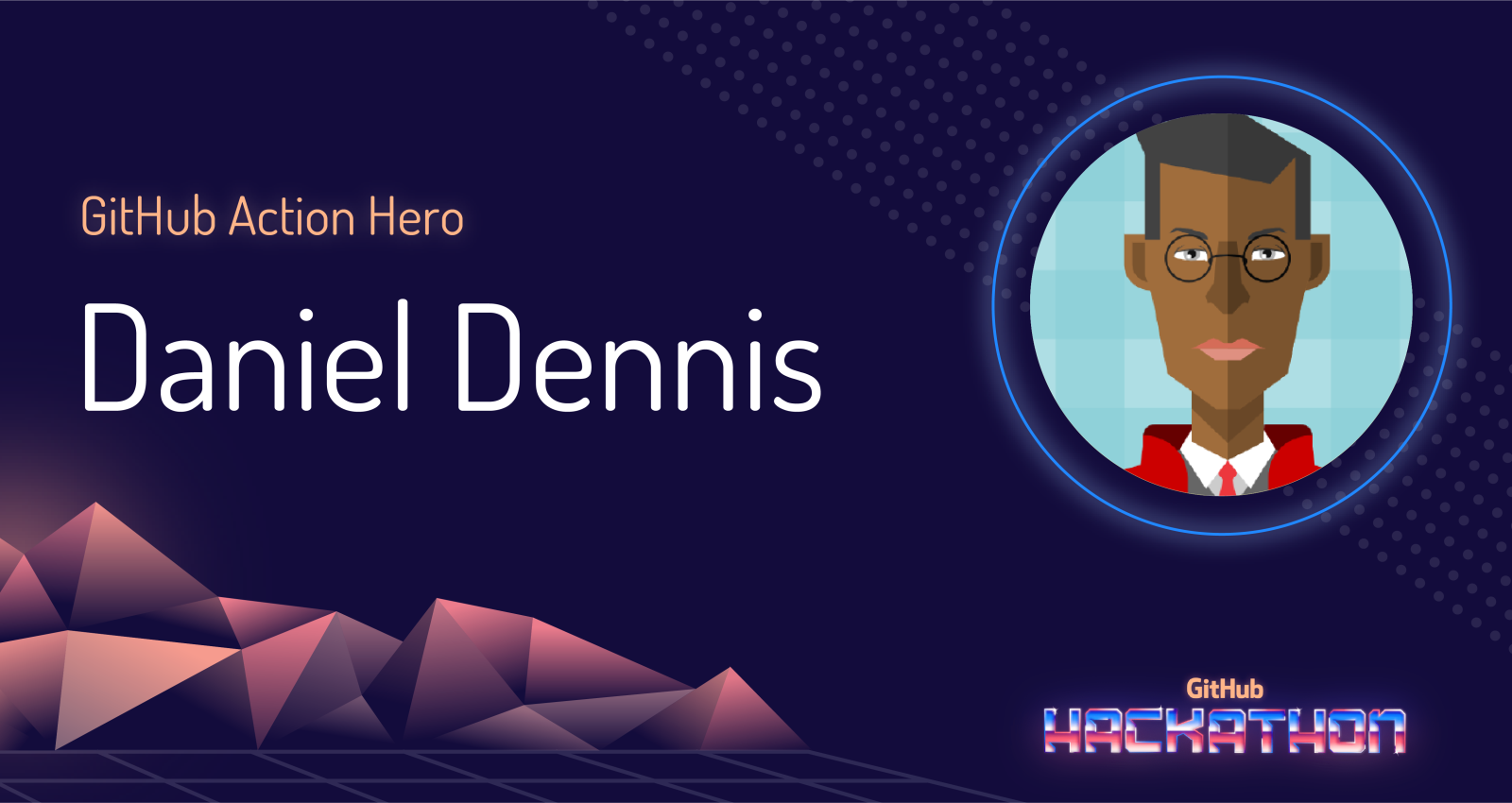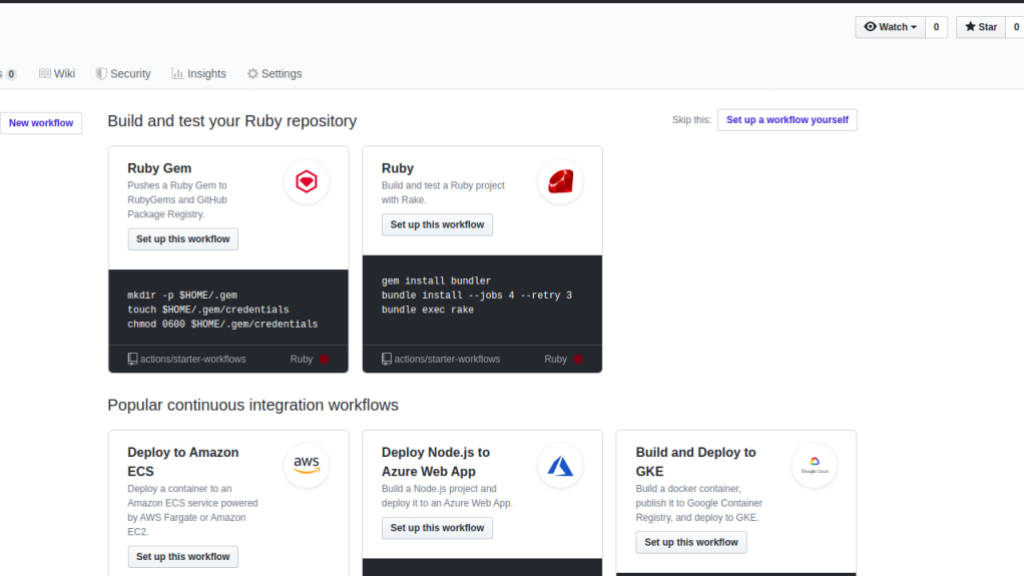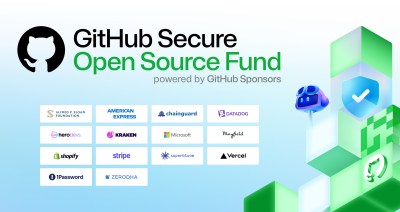Michelle Duke
I'm a Content Producer working in tech & innovation. Known as the “Hackathon Queen” 👑 I'm on the GitHub DevRel team and love sharing stories from our amazing community of developers.
GitHub Actions gives you the power to automate your workflow. Connect with the tools you know and love. Have more freedom to innovate and be creative. Deploy to any cloud,…

GitHub Actions gives you the power to automate your workflow. Connect with the tools you know and love. Have more freedom to innovate and be creative. Deploy to any cloud, build containers, automate messages, and lots more. It’s time to take control.
There’s lots of amazing Actions built every day. We spoke to some of the coolest developers building the latest workflows and automations. Last week, we shared Swechhya’s story. This week we have Daniel Dennis. He also participated in our recent GitHub Actions Hackathon. Read his story for inspiration, future plans, favourite features, and more.
Like many developers, Daniel is very passionate about what he does. He loves to build cool things and comes to us from Kenya. Before heading to university, Daniel started a software development course following a high school boot camp. That’s where he learned android development using Java, and web development using PHP. He soon branched out to Flutter, NodeJS, Ruby, and loves open source too. Daniel says one of his favourite places to learn is online through courses and YouTube videos.
After learning Ruby, a lot of Daniel’s GitHub projects are built using Ruby on Rails. This is where he came up with the inspiration for his Action – Ruby Gemer:
Before I knew about Dependabot and how it works, I got emails whenever a gem was updated. More often than not, this would clutter. I created Gemer so that I could stay up to date with my gems with every push and also, keep my application secure even in production. I also wanted to test my code and check whether future updates would break my code.
Daniel’s Action allows you to keep track of those pesky emails and understand what gems are updated. It runs with the latest version of Ruby and is really easy to use.

Since Daniel seems to have a great affinity for Ruby, he’s looking at improving this Ruby powered Action:
I plan on adding more testing capabilities for Ruby developers. I also hope that the action will be well accepted within the Ruby community as they continue to make the action grow to serve everyone.
Daniel says he loves GitHub Actions because they are so easy to use and install. Like one of our previous Action heroes Nikita, Daniel says it’s so simple to get started:
I love GitHub Actions because they are very easy to install. I love the idea that all I need to do is go to the market and I can get free tools to suit all my needs in development and production.
Simplicity is great, but there’s also lessons to be learned and challenges to overcome. Daniel says when building GitHub Actions, his biggest challenge was yaml:
The biggest challenge for me was learning the workings of yaml and how to create a GitHub action with minimal documentation on how to do so. It took me a while figure it out, [but] the experience was amazing… When I started, I figured everything would be easy to do since it was only yaml. Getting the Action to work took me days of debugging. It was a good learning opportunity in the long run.
Now that GitHub Actions has been around for a while, there is tonnes of great documentation available. You can check it out over on the community forums.
The GitHub Actions Hackathon was Daniel’s first virtual hackathon, and he’s definitely keen to participate again. We’ll be running another GitHub Actions Hackathon very soon, so keep an eye on our blog and socials.
We hope you enjoyed our interview with Daniel Dennis. As he said, GitHub Actions is so easy to get started. Head on over to our Learning Lab course to learn the basics. You can also find Ruby Gemer, and hundreds of other GitHub Actions on the GitHub Marketplace.
If you liked Daniel’s story, make sure you read up on all our awesome Action Heroes like Jeremy, Adam, and other amazing developers.

Let’s dig into the 2025’s open source data on GitHub to see what we can learn about the future.

Learn how The GitHub Secure Open Source Fund helped 67 critical AI‑stack projects accelerate fixes, strengthen ecosystems, and advance open source resilience.

Open source is hitting an “Eternal September.” As contribution friction drops, maintainers are adapting with new trust signals, triage approaches, and community-led solutions.